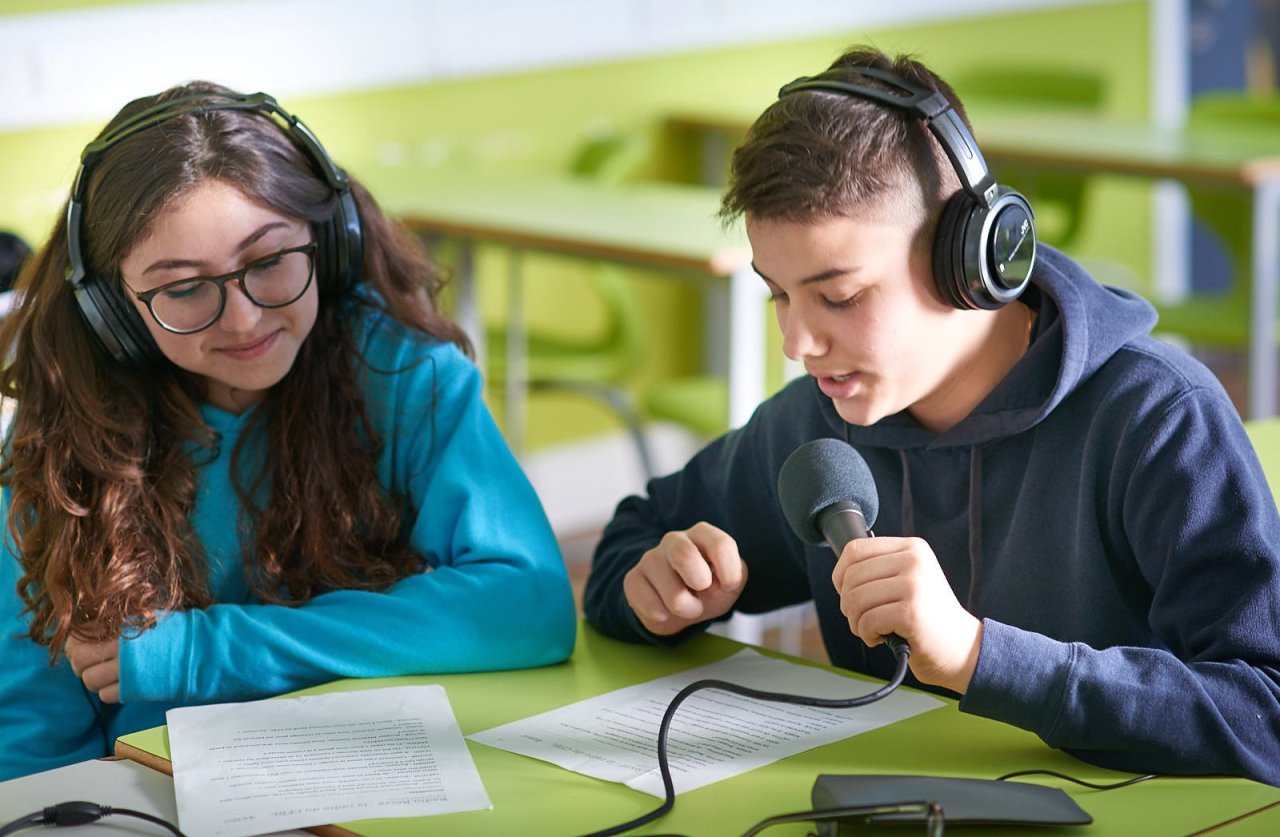On Monday, Year 8 pupils attended a workshop on the topics of pornography dangers, healthy relationships, respect, and body shaming. Summarised below are the key points that were explored during this workshop.
Pornography Dangers:
Unrealistic Portrayals: Pornography often portrays unrealistic and exaggerated depictions of sex and bodies, which can create distorted expectations and body image issues in young people.
Consent and Coercion: Pornography frequently depicts non-consensual sex and harmful power dynamics, potentially normalising these behaviours and making it difficult to recognize unhealthy or abusive situations.
Emotional Impact: Excessive pornography use can lead to feelings of shame, isolation, anxiety, and difficulty forming healthy relationships.
Healthy Relationships:
Communication and Boundaries: Open and honest communication is crucial in building healthy relationships. Setting and respecting boundaries are essential for mutual respect and well-being.
Consent and Respect: Consent is fundamental in all relationships, and it's never okay to pressure or coerce someone into anything they're not comfortable with. Respecting each other's feelings, opinions, and choices is vital.
Equality and Support: Healthy relationships are built on equality and mutual support. Partners should feel empowered and encouraged by each other.
Respect:
Empathy and Understanding: Respect involves treating others with empathy and understanding, even when you disagree. Consider their perspectives and try to see things from their point of view.
Kindness and Consideration: Respectful behaviour manifests in acts of kindness and consideration towards others. This includes avoiding hurtful words, gossip, and bullying.
Personal Boundaries: Respecting personal boundaries means accepting when someone says no and not pressuring them to do something they're uncomfortable with.
Body Shaming:
Negative Impact: Body shaming, whether directed at oneself or others, can have a devastating impact on self-esteem, body image, and mental health.
Celebrating Diversity: Everyone's body is unique and deserves to be celebrated. We should focus on our strengths and inner qualities rather than external appearances.
Challenging Negative Thoughts: Be aware of and challenge negative thoughts about your body or others' bodies. Surround yourself with positive influences and messages about body acceptance.
Family Discussion Tips:
Open Communication: Create a safe and open space for your child to ask questions and share their thoughts and feelings without judgment.
Active Listening: Listen actively and attentively to your child's concerns and validate their experiences.
Share Your Values: Discuss your family's values around respect, healthy relationships, and body image.
Set Clear Boundaries: Establish reasonable boundaries around technology use and internet access, parental controls, including pornography.
Seek Help: If you have concerns about your child's behaviour or well-being, don't hesitate to seek professional help from a therapist, counsellor, or school official.
